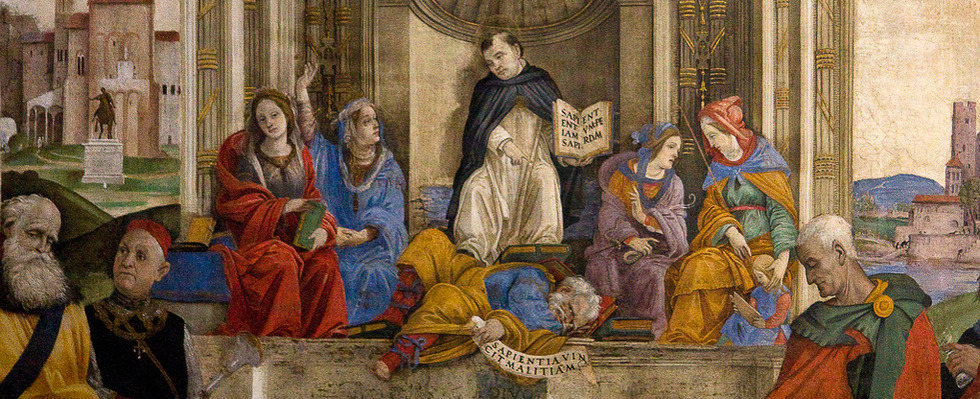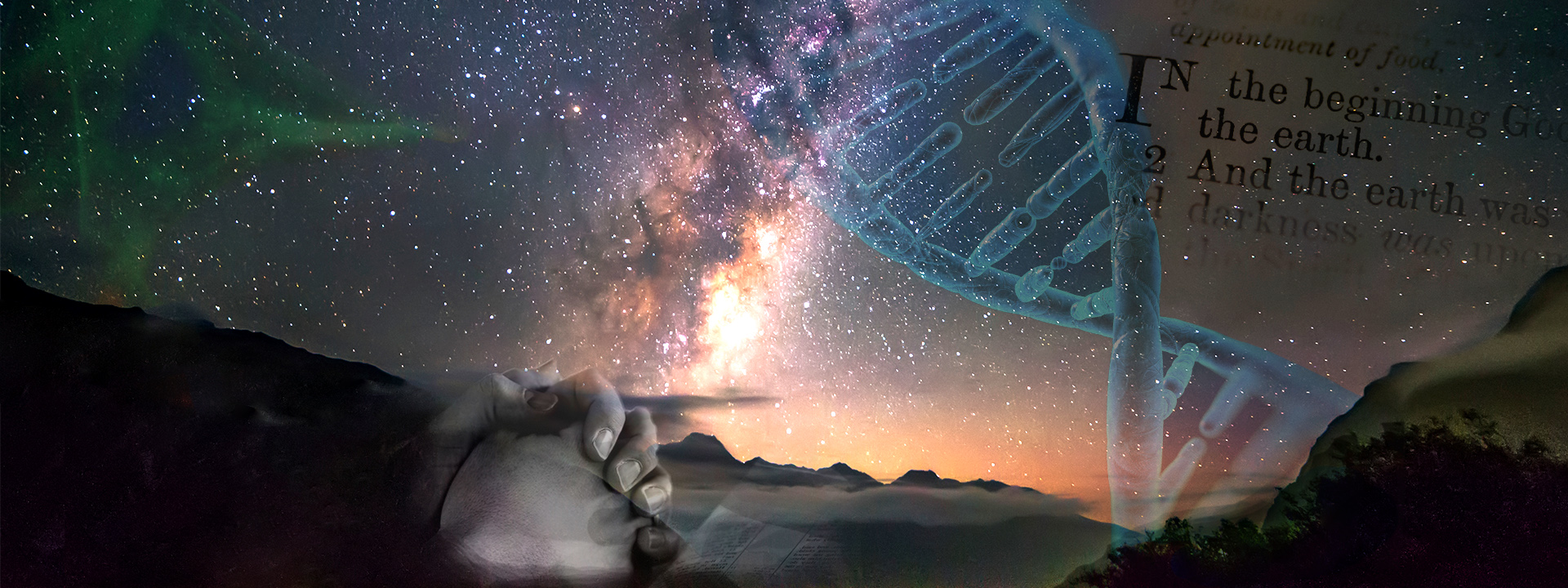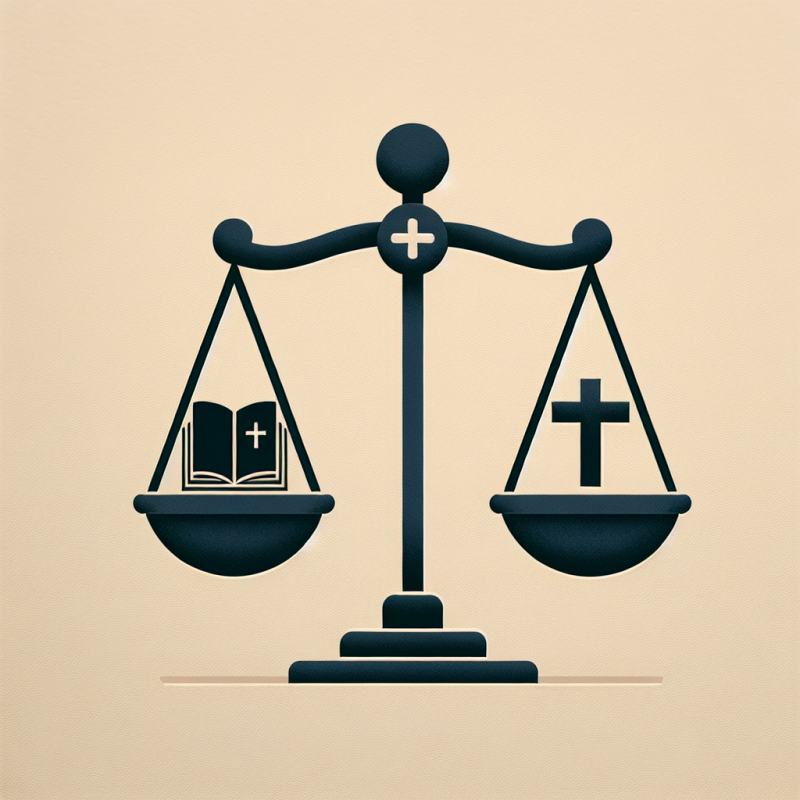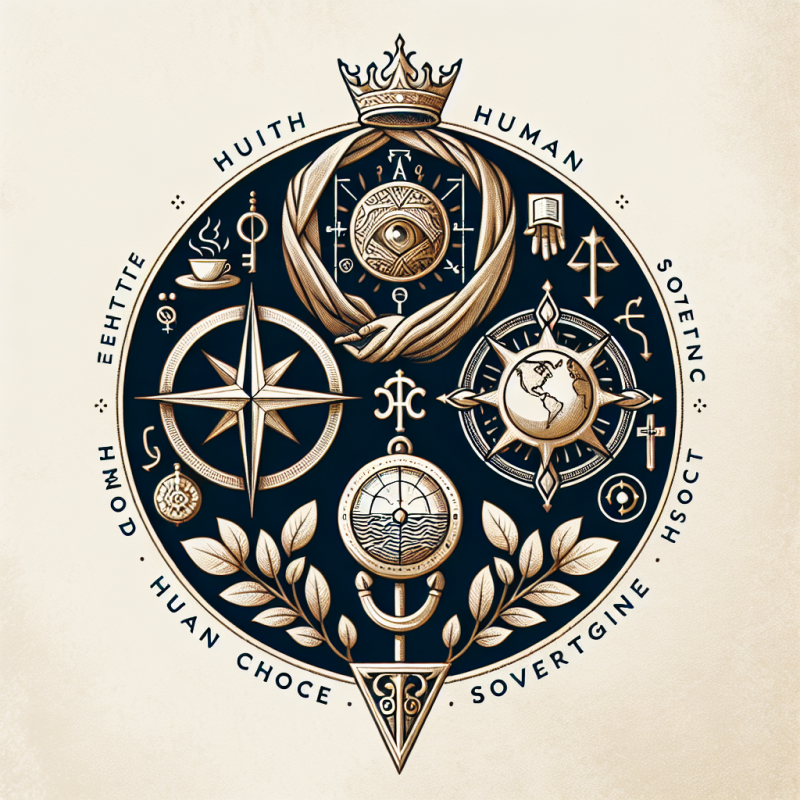**Title: Embracing the Intersection of Reason, Faith, and Divine Understanding**
In the profound exploration of life’s greatest questions, the marriage of human reason and divine faith continues to unify seemingly contrasting perspectives. History, religion, and philosophy all reflect a deep interplay between our capacity for logical reasoning and the transcendent mysteries of faith. For believers, this delicate balance becomes a vital framework for understanding God’s nature, the human condition, and the larger purpose of existence.
### Faith and Reason: A Collaborative Partnership in Understanding
At first glance, faith and reason might appear to stand at opposite ends of a spectrum, each defending its territory against the encroachment of the other. However, when viewed as complementary forces, both logic and belief offer varied yet harmonious means by which to grasp truths about the universe and our place within it.
The Bible itself provides numerous examples of this synergy. In Isaiah 1:18, God invites, “Come now, and let us reason together,” suggesting that the Creator values logical engagement alongside sincere faith. Similarly, the Apostle Paul often appeals to reason in his epistles, connecting intellectual arguments with spiritual truths to effectively communicate the gospel to diverse audiences. Through these examples, we see that faith does not reject reason but instead completes it—opening realms of understanding that lie beyond logic’s immediate reach while grounding spiritual belief in rational coherence.
* *
*
### God’s Nature: Balancing the Knowable and the Unknowable
A recurring theme in theology is the tension between what we can understand about God and what remains hidden. As previously discussed in the article titled *”Understanding God: Bridging the Knowable and Unknowable”*, this duality is not meant to confound, but to invite humility and wonder. Human minds, no matter how refined, must humbly confront the limits of comprehension when faced with God’s infinite nature.
Still, this boundary is not a denial of knowledge but rather an affirmation of its expansion. Grace allows believers to interact with divine mysteries such as the Incarnation, the Trinity, and the Resurrection—concepts that strain human reasoning yet resonate deeply with the heart. The dialogue between faith and reason encourages Christians to lean into these mysteries while embracing the intellectual and spiritual tools necessary to navigate them.
*
*
### Free Will and Sovereignty: A Thoughtful Harmony
Another prominent thread in the discussion of reason and faith is the concept of free will in the context of God’s sovereignty. The article *”The Intricate Relationship Between Faith, Human Choice, and Divine Sovereignty”* touched upon this challenging dynamic: how God’s omnipotence coexists with humanity’s ability to exert free will. Reason grapples with questions such as, “If God is all-knowing, are human choices genuinely free?” Faith, in turn, allows believers to reconcile this apparent paradox by placing trust in God’s wisdom and divine plan.
Through scripture, we find this balance articulated in texts such as Romans 8:28, which reassures readers that “all things work together for good to them that love God.” While humans may not always grasp the full scope of divine intention, faith serves as a beacon, instilling confidence that our choices and God’s purposes exist not in opposition, but in divine synchrony.
### Revelation Through Science and Theology
Modern exploration through the lens of science also contributes to this ongoing partnership between faith and reason. Past discussions like *”The Intersection of Science and Faith: Discovering the Divine Path”* reveal how scientific inquiry—understood through the application of human logic—points to profound spiritual truths. The intricacies of biology, astronomy, and physics often echo God’s creative design, seamlessly bridging these two seemingly disparate fields.
Consider the fine-tuned conditions for life on Earth. From the precise calibration of gravitational forces to the delicate balance of Earth’s ecosystem, reason points to intentionality in creation—a Designer who operates with purpose and carefully laid-out plans. Far from undermining faith, these discoveries allow believers to marvel even more deeply at the Creator’s handiwork.
* *
*
### Logic, Faith, and the Call to Action
Ultimately, the partnership between faith and reason leads to both internal transformation and external action. As we engage our intellects and nurture a trusting heart, we are called to reflect God’s justice, mercy, and love in the world around us. Logic inspires actionable steps toward serving others, while faith infuses our efforts with divine significance.
In conclusion, the intersection of faith and reason creates a vibrant mosaic through which humanity learns about God and the universe. Rather than isolating these principles into separate realms, we should embrace their profound unity—acknowledging reason as a gift from God and faith as the interpretive lens through which we experience Him fully. Together, they invite us to step closer to divine truth with both reverence and curiosity.
* *
*




Thank you for reading! I wrote this article to share my thoughts and insights. I’d love to hear your feedback and discuss further in the comments!
This was a helpful read. Looking forward to more content like this!